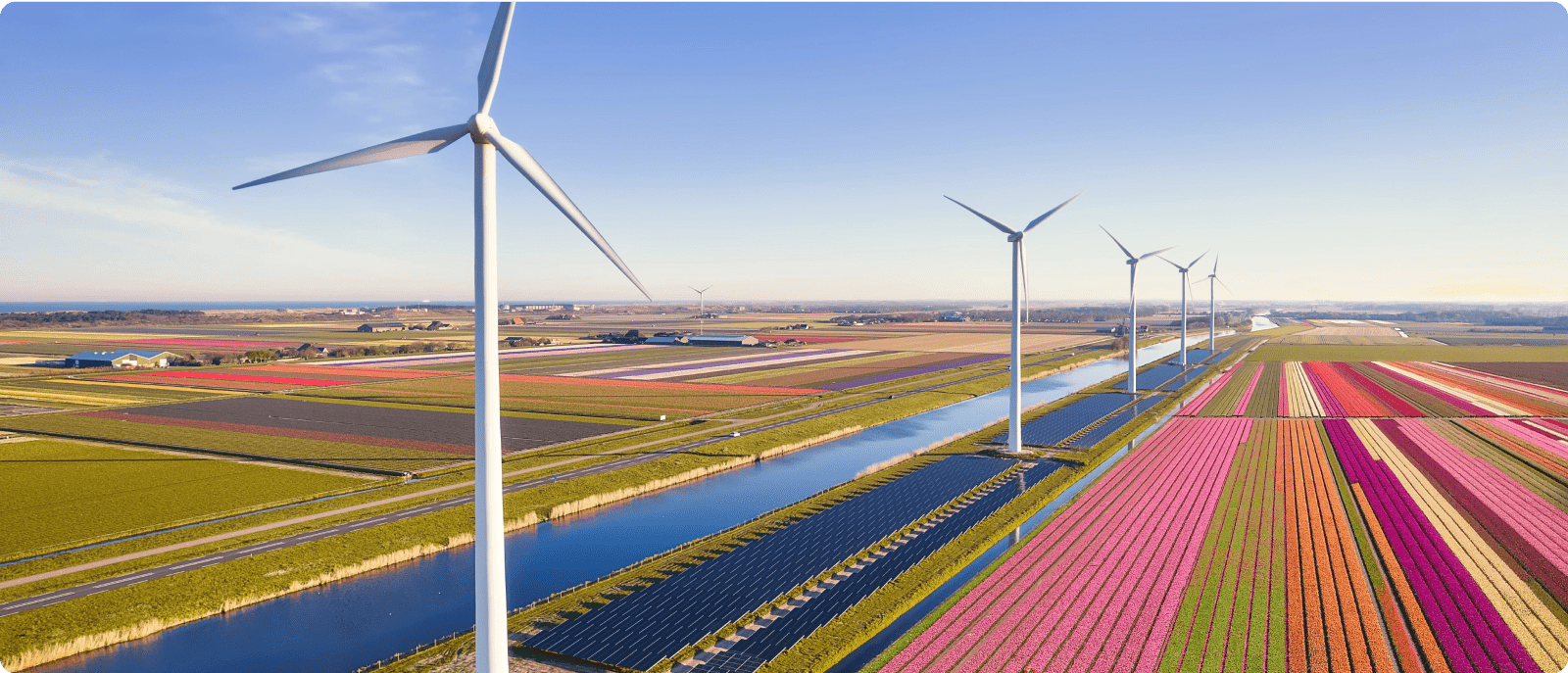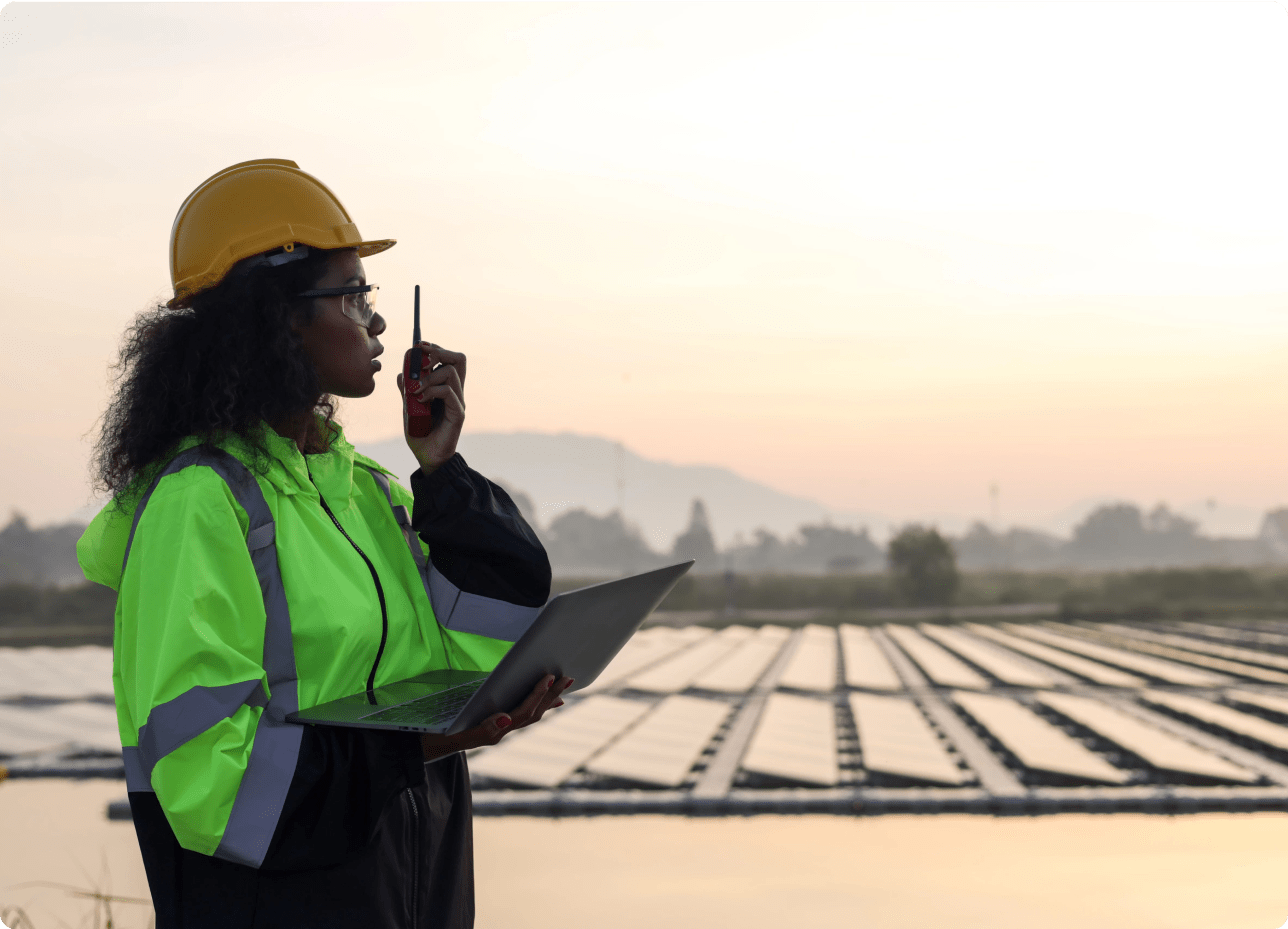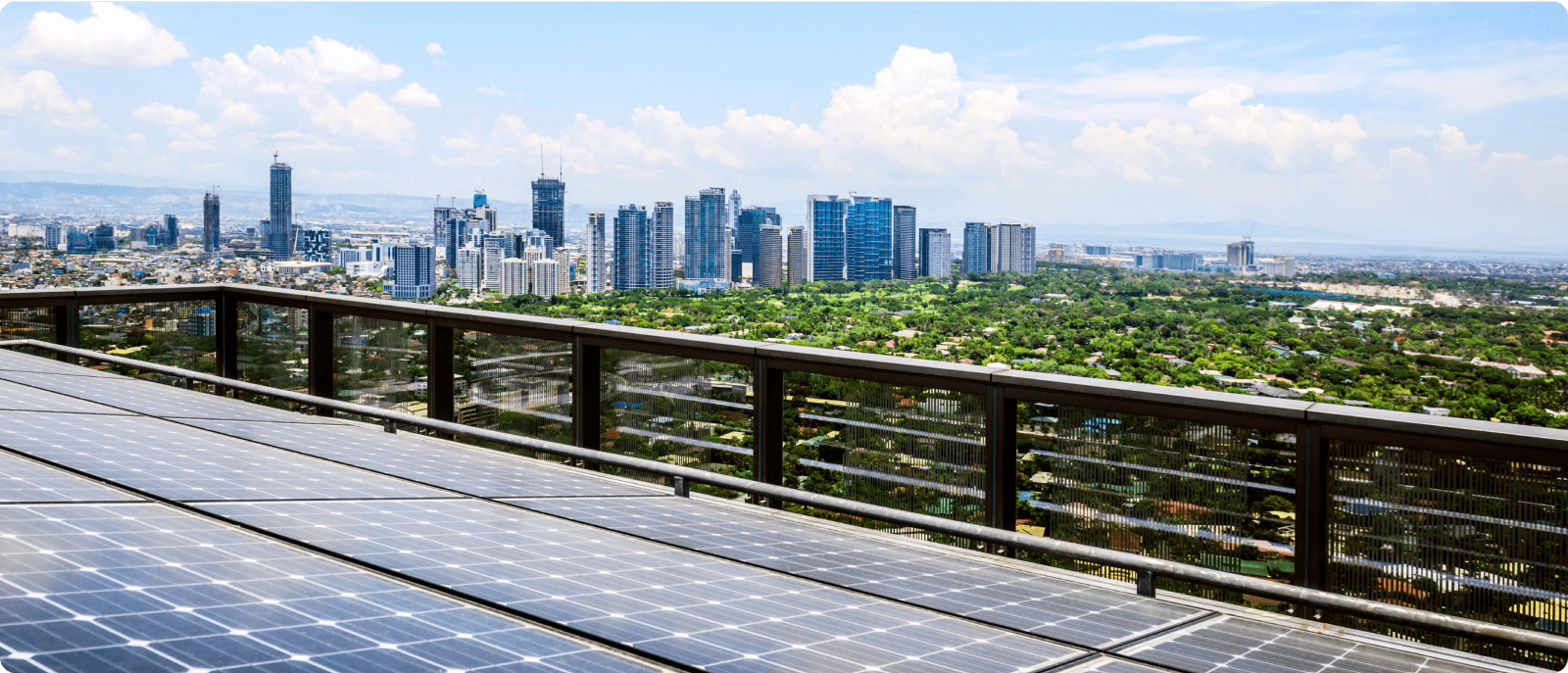Our world today is more complex than ever before. The convergence of many environmental, social, technological, and economic issues is having global impacts on our societies and nature. There is a greater need for cross-industry collaboration and more advanced sustainable solutions to tackle these interconnected challenges. Solving the global nature-water nexus is an example of such a challenge. Integrating nature into our built environment development sector is another, and decarbonizing mobility while connecting new communities – the list is long.
At Arcadis, we are sustainability enablers, providing the expertise and solutions necessary for realising a Planet-Positive Future. This means working hand in hand with our clients as their sustainability transformation partner.
To achieve the Paris Agreement goal of net zero by 2050, we must provide the technology and solutions to rapidly complete the net zero energy transition. But it’s also ensuring the prosperity of our communities as part of a just energy transition, connecting them with sustainable modes of transport, providing green job opportunities, and quality of life.
We need to fundamentally rethink how we value nature, and place greater currency on solutions that restore and regenerate our natural environment, which humanity wholly depends on.
A call to arms to operate within our planetary boundaries restore our world

Our planet is on life support, the evidence is all around us. This is highlighted by the nine planetary boundaries identified by an international team of scientists at the Stockholm Resilience Centre, in which humanity can safely continue to develop and thrive for generations to come and avoid destabilizing the Earth's system.
In 2023, the scientific evidence indicated that six of the nine boundaries have already been transgressed, resulting in significant and potentially irreversible environmental changes. While unsurprising, this sobering research reminds us of the damaging impact of human activities on the planet. It emphasizes the need for a robust yet holistic approach to sustainability, recognizing the interconnectedness of climate change, biodiversity loss, human life, and other critical global processes.
A planet-positive future explained

Our 2024-2026 strategy ‘Accelerating a Planet-Positive Future’ outlines our unwavering commitment to accelerate solutions that focus on planet-positive outcomes for clients and communities.
In living our strategy, we prioritize sustainable project choices that consider the long-term environmental, social, and economic impact of our work and we share these insights with our clients. In doing so, we aim to help mitigate against and adapt to climate change and evolving social needs, helping our clients and communities to thrive.
-
Read more
For Arcadis, a planet-positive future means one where we, as a business, thrive within planetary boundaries. It also means improving the sustainability of our value chain, which includes the global impact our client project work has, ensuring our projects align with our strategy and the 2050 Paris goals.
To shift towards this planet- positive future means questioning our need for finite resources to thrive, and being diligent on how we utilise these, on the fundamental understanding that their expenditure provides a long-term, net positive outcome. Today, as a minimum, it means compensating for the immediate impacts we need to endure to secure our long-term future and strive, for greater supply chain circularity along the way.

For Arcadians, delivering a planet-positive future also means collaborating with our professional communities of practice that together introduce new technologies and solutions to market that benefit our societies and communities.
Our enduring partnerships with organizations such as the World Business Council for Sustainable Development (WBCSD) and U.N Habitat Shelter Program embody our philosophy and keep us focused on the most pertinent global challenges ahead. Since 2010, over 2200 Arcadians have participated in more than 100 Shelter missions in 31 countries, significantly improving living conditions for some of the world’s most vulnerable people.
How Arcadis is delivering to its commitment

Arcadis has prioritized specific sustainable solutions: energy transition, environmental restoration and nature solutions, climate resilience and adaptation and new mobility.By accelerating these initiatives, we help our clients take significant steps towards meeting their own sustainability commitments.
We are committed to working at the nature-solution level to restore and regenerate our natural environment, which is a cornerstone of our work. We focus on actively engaging with nature as part of the solution to reduce our impact. This was demonstrated in our recent collaboration with the World Business Council for Sustainable Development to devise The Roadmap to Nature Positive: Foundations for the built environment system. The built environment is a significant contributor to global CO2 emissions, waste and resource consumption. With the world’s population growing, the pressure on nature will intensify to sustain the demand from our global cities. This roadmap provides detailed guidance for companies to accelerate their credible nature-positive ambitions, take action and be accountable, for their impact on nature.
Our global experts actively deliver projects across many aspects of the nature value chain. This includes our urban reforestation work supporting Conseil de Paris which aims to create five new urban forests in the city, replacing 100 hectares of asphalt.

We are helping Daye City in China unlock €100m in finance to help restore biodiversity in the city through mine remediation, restoration of wetlands, forests, and watersheds in Daye's urban area, and the creation of a green belt around the lake with pleasant public spaces.
In today’s world, improving our resilience to climate change impact is as important as the proactive solutions we deliver. The North/West Resiliency Project in Lower Manhattan is a prime example. It aimed to expand and enhance Battery Park City public spaces while creating vital protection against rising sea levels and increased storm intensity. Arcadis was part of a project team that designed, engineered, and built approximately 8,000 linear feet of flood and seepage barriers, and interior drainage improvements, all while protecting and enhancing landscapes and parkland.

We prioritize repurposing and reshaping built assets to improve their circularity and extend their lifespan. This involves designing projects with materials and processes that minimize waste, maximize resource efficiency, and encourage recycling and reuse. Our commitment to measuring and reducing the whole life carbon impact on major projects empowers Arcadians to make more sustainable design decisions during the project development phase.
Our work in energy transition extends to the city scale. The economics of energy make it more viable to shift large population centers towards renewable sources through forward investment and infrastructure planning.
Our experts in Netherlands worked with the City of Amsterdam to support their bold ambition of eliminating the use of natural gas by 2040. We took on the task of investigating how best to achieve and accomplish the city’s goal and created an achievable strategy. This included everything from building a program and advising on how it could be successfully funded, to examining different technical solutions, evaluating which ones might be best applied to specific locations, and assessing the order of the various transformations across the city.

Our planning, design and deployment services for the City of Raleigh Transit Fleet Electrification Pilot helped to decarbonize its public transport infrastructure, while allowing for expansion to serve more communities. We upgraded the transit system’s existing operating facility infrastructure to include onsite charging for the pilot’s battery electric buses, while maintaining its capacity to support the fleet’s other buses. The charging infrastructure, utility grid connection upgrades, and charging management system were all designed to support the pilot buses and serve as the foundation for future expansion to support an increasingly larger zero-emission bus fleet.
By prioritizing long-term environmental, social, and economic impacts in its projects and partnerships, Arcadis is committed to accelerating a Planet-Positive Future, actively partnering with our clients towards mitigating climate change, and promoting thriving communities.







